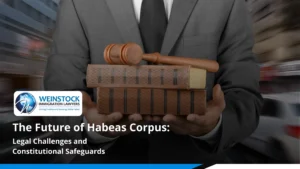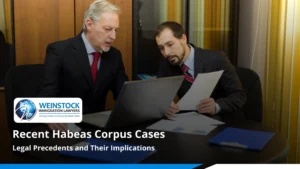Trump already building a wall (even though it is invisible)
Trump already building a wall (even though it is invisible)
We already talked about this earlier in the year. Even though the Trump administration is having a hard time finding funds and support for the wall that he claimed during the campaign he was going to build, a much more invisible, yet dividing wall is already in place. This wall will be really difficult to demolish. He is hurting the immigration system and the legal immigration options, discouraging people who want to come to the United States to improve our country. AILA (the American Immigration Lawyers Association), organization that we belong to and support, has been working on a report to show how the changes in policies and the modifications implemented have been harmful for the American families, businesses and communities. Here are six ways they have found to hurt immigrants and discourage a lot of them from moving to our country:
We fully support AILA and the wonderful job that they do protecting and standing with immigrants, as we do. As immigration lawyers and immigrants, we support every effort to help the community and protect those more vulnerable. You can read the full report, that surveys how policy changes by the Trump Administration are slowing and restricting legal immigration, here. Please help us create awareness on this by sharing this information.
Related posts

The Future of Habeas Corpus: Legal Challenges and Constitutional Safeguards
Summary The blog explains how habeas corpus, a fundamental legal right enshrined in the U.S. Constitution, ensures protection against unlawful detention. It highlights the current

Can Entrepreneurs and Business Owners Qualify for a TN Visa?
Summary If you’re a Canadian or Mexican entrepreneur living in the U.S. or planning to launch a business here, you may be wondering: Can I

Recent Habeas Corpus Cases: Legal Precedents and Their Implications
Summary The article explains how recent habeas corpus cases, including Rivers v. Guerrero and W.M.M. v. Trump, have significant implications for the interpretation of the
